| Canadian astronaut Chris Hadfield was weightless, floating in the zero gravity environment of the International Space Station 200 miles above the surface of the earth. If spending 5 months in the space station and posting videos about everyday life up there wasn't vanguard enough, what the 53-year old Hadfied did next came to capture the hearts and imaginations of millions of people back here on earth: He pulled out a guitar and sang “Space Oddity,” by David Bowie. In space. | |

“This is Major Tom to ground control,
I’m stepping through the door,
And I’m floating in the most peculiar way,
And the stars look very different today…”
At face value, the 1973 hit by iconic rocker David Bowie was a futuristic sci-fi ballad about Major Tom, a lone astronaut in space, but the deeper themes are about exploration of the human condition, the courage to be different, and the conflicting emotions of the detachment it takes to truly be free in this universe.
Of course Hadfield left out the part where Major Tom reports problems to ground control, and even inserted his own name in the song a couple times. Since its release and worldwide popularity, the whole team successfully came back to earth and Major Tom, err Chris Hadfield has retired from the space program, as planned. Just like in the song Major Tom makes it back to earth and is celebrated by the press and his fans as a hero, but the real reward was a few solitary moments orbiting the earth and the view from the dark starry heavens that belonged only to him.
My friend told me about this video last night and I was immediately moved by both the vulnerability and depth of it. Coincidentally, I began listening to Bowie’s classic a few weeks ago as I write as an eerily-dreamy reminder that no one ever accomplishes anything important by keeping their feet on the ground.
What really fascinates me is how unique Hadfield’s solo-above-the-stratosphere truly is. He did something that no one, and I mean NO ONE, in the history of the earth has done. That’s remarkable when you consider the thousands of years of mankind’s modern history and the fact that there have been 100 billion people on earth. Think about that – there are infinite possibilities to create, to do something different, to be the conscious ground control in the mission of our own lives. As time goes on you’d think that we as a race of artists and dreamers and explorers had LESS ideas to launch, but instead inexplicably we have more, exponentially it seems. What a pure, weightless experience; to summon the courage to be an innovator and let your imagination soar into its own orbit. Art, writing, music, creation, ambient knowledge - they keep expanding into previously dark and empty corners of our existence to give us warmth. The democratization of ideas, our social web of conscience, people helping others a world away who they’ve never seen and will never know - interconnectedness like never before. Somehow the world is getting bigger and smaller at the same time, spinning out of control but also hugged tightly by a gravity much bigger than ourselves.
| I can only conclude that it’s our nature to keep launching into the unknown of the human psyche, just to test how far our light may spread while others look up and pray for our safe return. This song, a soul floating in the atmosphere of endless possibility, Hadfield’s cold, silent journey a little bit farther into our humanity, somehow all encompass the best of our collective spirit, a spirit that is, by definition, exactly as vast as anything and everything we don't know, an idea so beautiful it makes our tears flow up. Well done, Major Tom. -Norm :-) | |
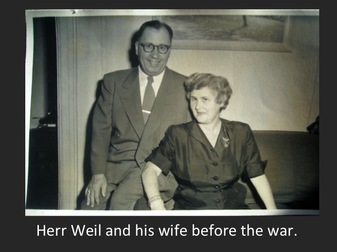
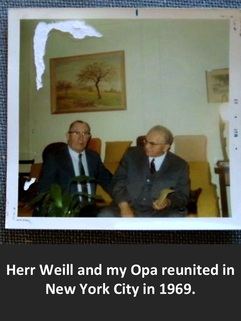
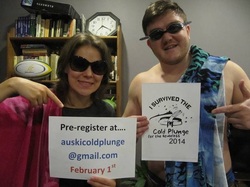
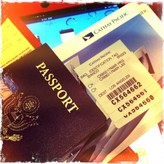
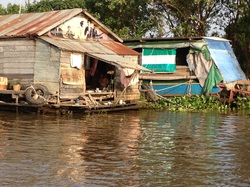
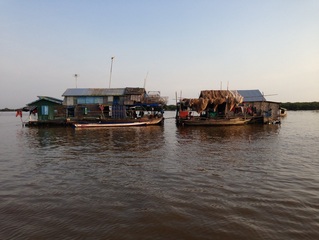

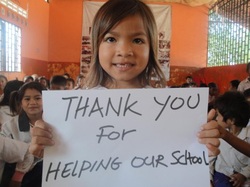
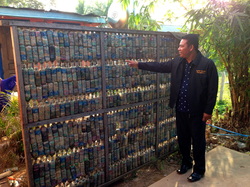
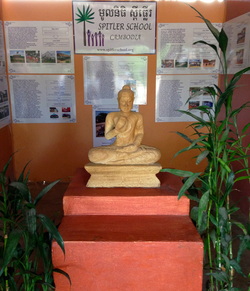
 RSS Feed
RSS Feed